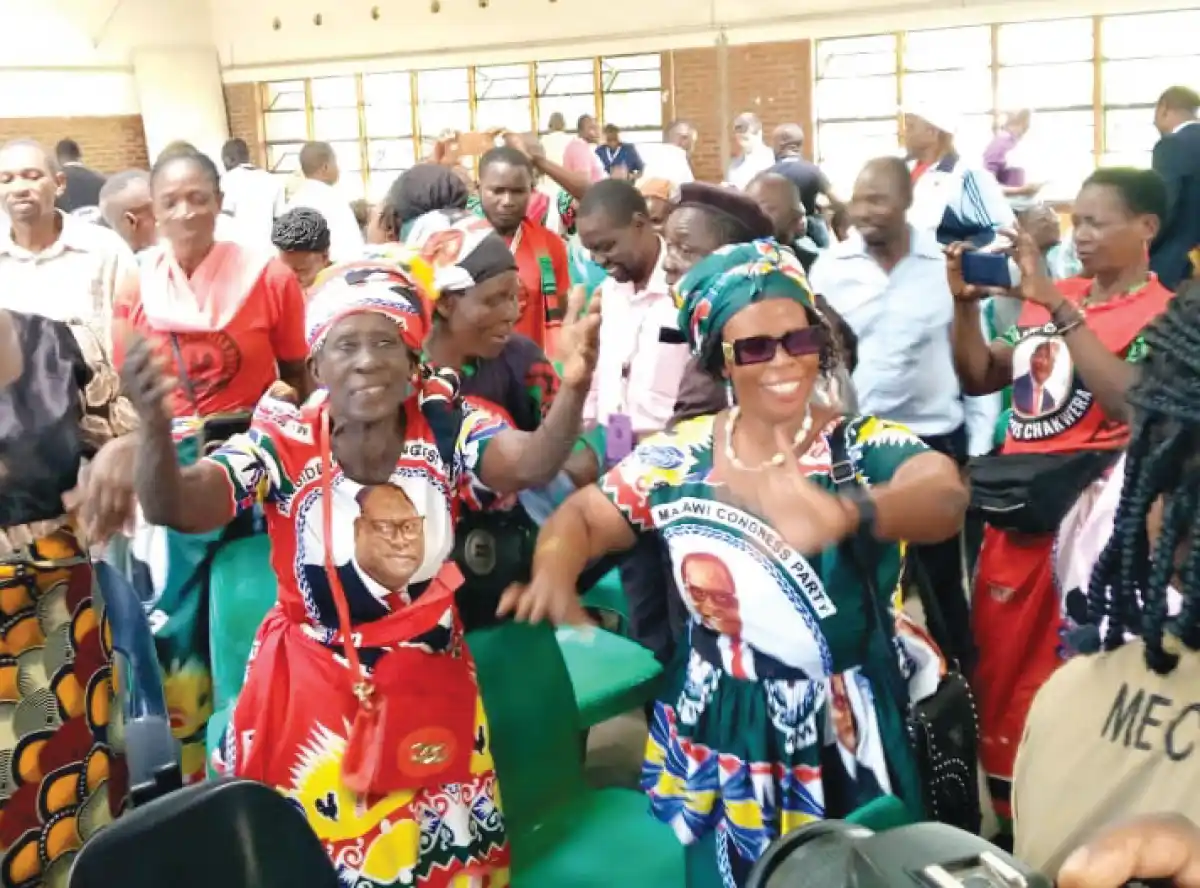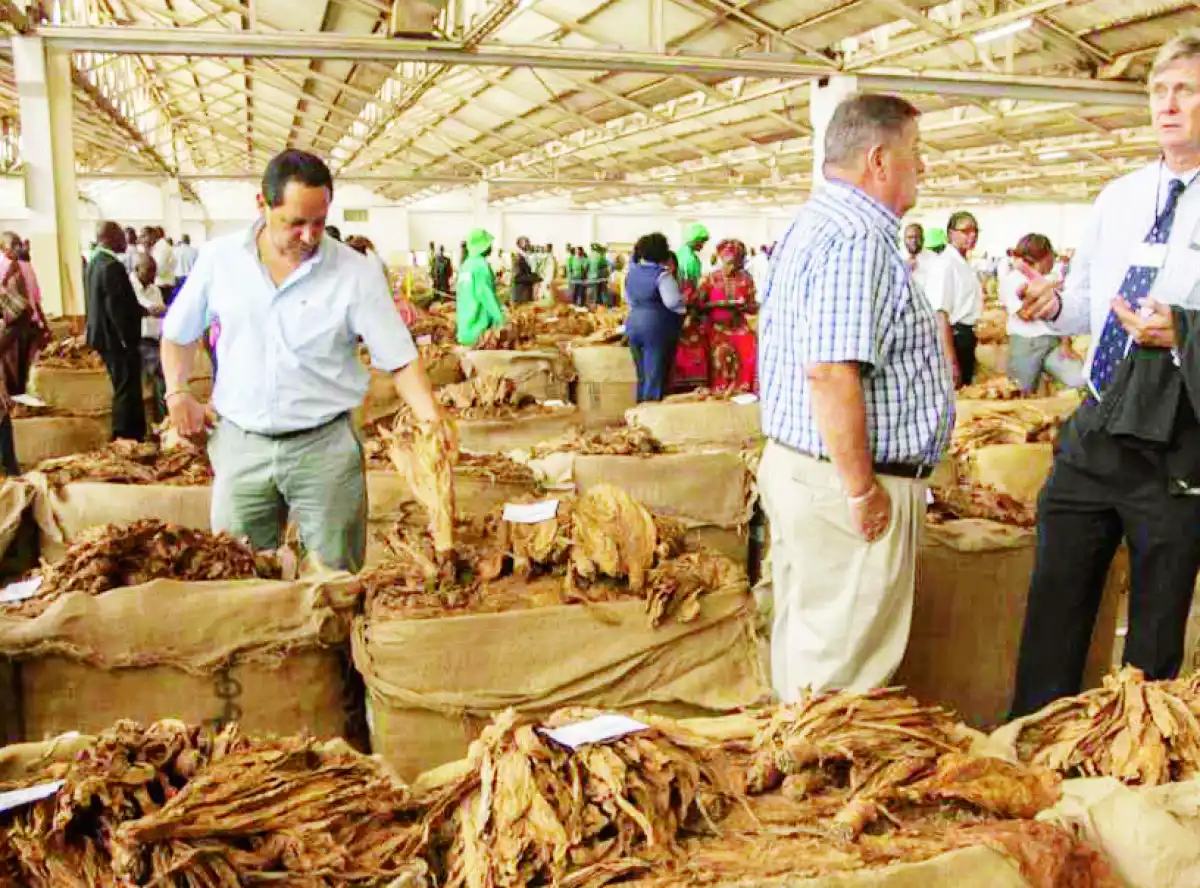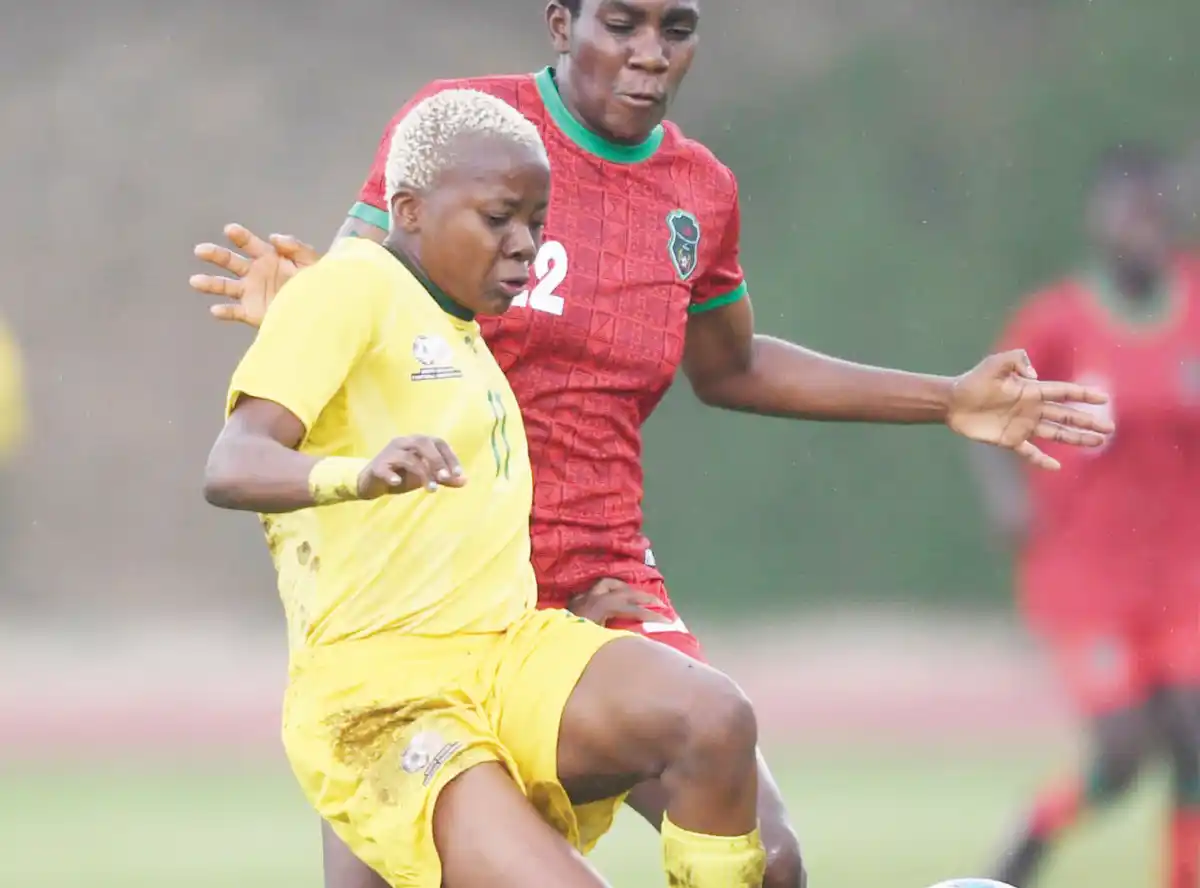
If founding leaders of the Nyasaland African Congress (NAC) party which preceded the Malawi Congress Party (MCP) were as greedy as the party’s current national executive committee (NEC) members, they would not have invited Kamuzu Banda and Dunduzu Chisiza to return to Nyasaland and help them fight the colonial government.
Ahead of MCP’s elective convention slated for August 8 to 10 2024, the party’s NEC has slummed the door to anyone aspiring for a position in the NEC if such people have not been members of the party for a minimum of two years or if they have not held any position in the party. In justifying the move, MCP secretary general Eisenhower Mkaka once said the decision to bar new members is aimed at ensuring that the party does not fall in the hands of people with no real commitment to its ethos and values.
An MCP member, Eddie Banda, has since dragged the party’s NEC to court and asked it to reverse the decision. Banda argues that the decision by the MCP NEC is inconsistent with the party’s constitution and, therefore, seeks a declaration that such a decision is a nullity.
But in the late 1950s, faced with the daunting task of fighting for self-rule, NAC invited Kamuzu Banda and Dunduzu Chisiza to return home and help them fight against colonial oppression. The NAC leaders considered Kamuzu and Chisiza more politically astute to take on the colonial masters. The former had stayed in Europe and in the UK, in particular, for 40 years.
So, when Kamuzu returned home on July 6 1958, NAC immediately appointed him President- General of NAC at a ceremony held in Nkhata Bay. The other leader that was recalled alongside Kamuzu was Dunduzu Chisiza Senior who had been studying for his higher education in economics in Birmingham, England. Dunduzu was appointed secretary general of NAC in 1958.
W i th Kamuz u and Dunduzu Chisiza at the helm, NAC protests against colonial rule culminated in the colonial government’s declaration of the State of Emergency in March 1959. The event saw the arrest and imprisonment of a number of prominent nationalist leaders from Nyasaland including Kamuzu, Dunduzu Chisiza and his brother Yatuta, Orton Chirwa and Masauko Chipembere. They were arrested and detained in Gwelo in Zimbabwe. Many others died in Nkhata Bay.
Following the State of Emergency, the colonial government banned NAC. But a few months down the line, on September 30, 1959, after Orton Chirwa, Nyasaland’s first barrister, was released from Gwelo, he and other NAC leaders founded MCP. Kamuzu was released from Gwelo on April 1 1960 while Dunduzu, Yatuta and other hardcore freedom fighters remained in prison and but served their last days in jail in Kanjedza Prison.
They were released from detention on September 27 1960. The same year, Dunduzu Chis iza was appointed secretary general of MCP.
As they say the rest is history. From this point on, there was no turning back. Kamuzu was appointed prime minister and then at Independence in 1964 he became Malawi’s first president. MCP, under Kamuzu, was to rule Malawi for 31 years.
This is the same Kamuzu who had been recalled in 1958 to lead NAC with no prior membership of the party. He had held no position in the party until he was appointed its president-general when he returned home. It was the same thing with Dunduzu Chisiza who was also recalled from UK and appointed NAC’s secretary general when he returned home.
What NAC leaders were looking for in Kamuzu and Dunduzu Chisiza were their capabilities and not whether or not they had previously served in or been members of the party.
If the NAC leaders had not taken this line of thinking, MCP would not have successfully fought for self-rule. This is what the current MCP should have been putting as a premium quality in leaders aspiring for NEC positions and not prior membership and office tenure. What seems to be very evident as the main motive for shutting the door to new members taking up NEC posts is pure greed. Some members don’t want to face much competition from people who may be better than them. If the current NEC leaders have delivered there should have been no reason to worry.








0 Comments